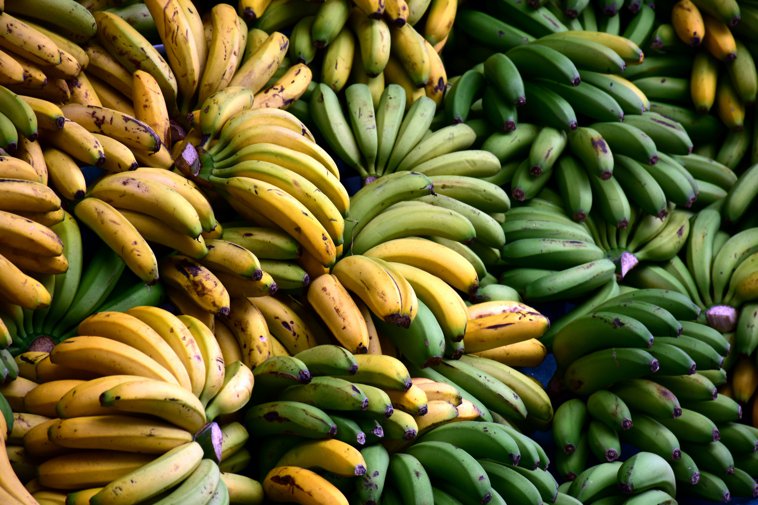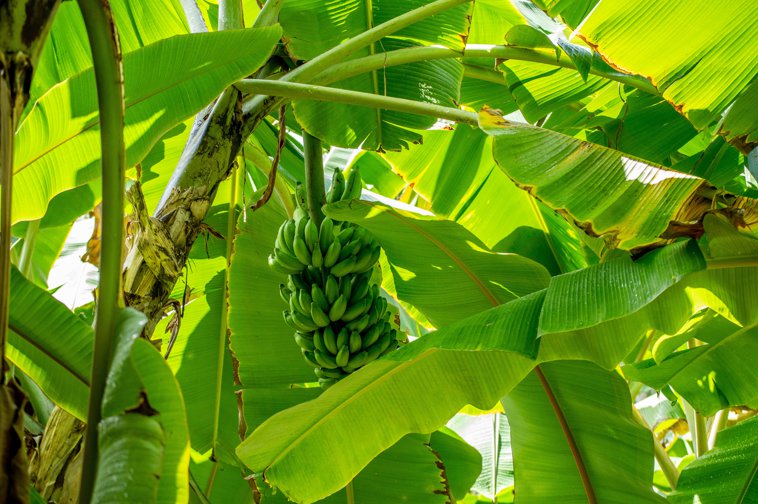"Banana" in Spanish

Questions This Article Answers
How do you say banana in Spanish?
What are bananas called in different Spanish-speaking countries?
What's the difference between a banana and a plantain?
Banana in Spanish: Banana as in the Fruit
Let us warn you: the translation for banana can depend on the region and the variety of fruit we are talking about. In fact—in some cases—the Spanish word can mean a different fruit altogether in different regions! In this article, we’ll look at the different ways to say banana in Spanish, and we’ll briefly discuss the ways the word can change depending on the region. So, how do we refer to the fruit we call banana in English?
Check out these bananatastic examples!
| examples |
|---|
Bananas are not the only tricky fruit in Spanish! Check out our article on lemons and limes!
Banana in Spanish: Banana as in the Plant
We can also use the word banana to refer to the plant. In this case, we use many of the same words that we use to talk about the fruit. How can we say banana in Spanish to refer to the plant?

For example:
| examples |
|---|
Banana in Spanish: Banana vs. Plantain
Ok, you might think this is a little bananas, but did you know there are different types of bananas that actually look and taste a bit different? We could spend a lot of time on this section, but let’s just go over one of the major differences: banana vs. plantain.
Plátano can refer to both bananas and plantains. While some regions refer to plantains as plátanos grandes, plátanos machos, maduros, maduritosor plátanos verdes, others simply say plátano. How can you tell the difference? Plantains are usually significantly bigger than bananas.
Banana in Spanish: Phrases with Banana
We use the word banana in English in several different phrases. But how do we say these phrases in Spanish? Let’s take a look:
For example:
| examples |
|---|
Banana in Spanish: Phrases with Plátano
We thought you might also be interested in the following phrases in Spanish that use plátano:
Estar alguien más pelado que un plátano(Cuba): This phrase means that someone is broke. Its literal translation would be: to be more peeled than a banana, but given that peladois a colloquial way to say broke, it’s a figurative expression that means to be flat broke.
No comer plátano por no botar la cáscara(Peru): This phrase means that someone is very stingy. Its literal translation is, roughly, to not eat a banana so that they don't have to throw out the peel!
Learn more about food-related vocabulary with the following articles:














